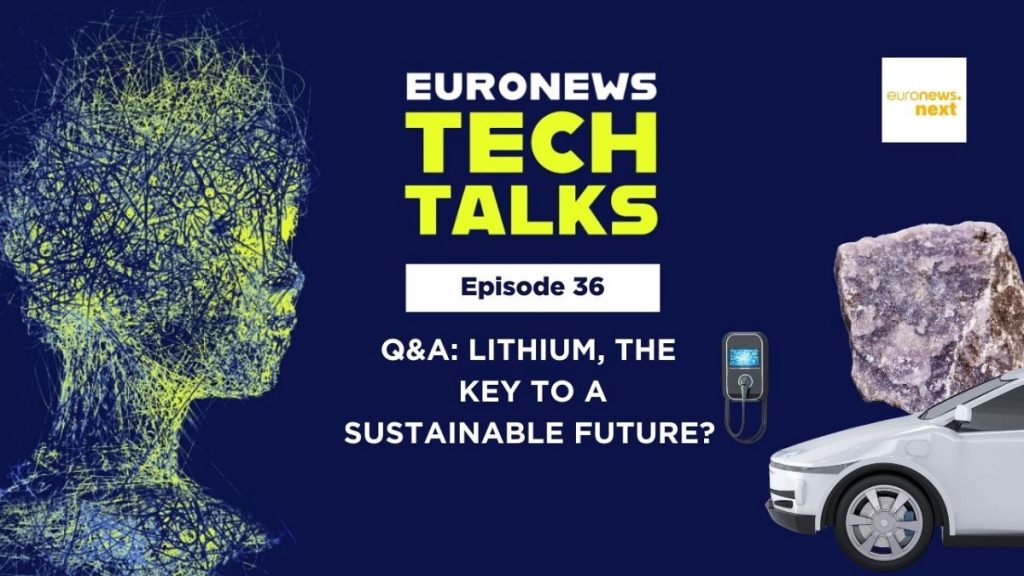Lithium, dubbed “white gold,” is a crucial element in modern technology, primarily due to its role in lithium-ion batteries. These batteries power a vast range of devices, from smartphones and laptops to electric vehicles and energy storage systems, making lithium indispensable for the ongoing shift toward renewable energy. The 2019 Nobel Prize in Chemistry, awarded to the pioneers of lithium-ion battery technology, underscores the transformative impact of this innovation. While lithium offers promising solutions for a sustainable future, its extraction and use raise crucial environmental and social concerns that must be addressed to ensure a truly green transition.
Lithium, a soft, silver-white metal, is found globally, primarily in hard rock deposits and brine pools. Extraction involves mining in the former and pumping from underground reservoirs in the latter. Currently, Australia, Chile, China, and Argentina dominate lithium production. Europe, despite possessing significant lithium reserves in countries like Sweden, Finland, and France, relies heavily on imports, primarily due to the higher costs associated with European mining. While local extraction could enhance resource security, it necessitates the development of a robust internal processing infrastructure to maximize economic benefits. Simply extracting lithium in Europe but then exporting it for processing undermines the potential advantages.
The remarkable energy density of lithium is what makes it so valuable for battery technology. This property allows for the creation of lightweight, rechargeable batteries capable of storing significant amounts of energy, ideal for powering portable electronics and electric vehicles. As the world transitions from fossil fuels to electricity-based systems, lithium-ion batteries emerge as a central component of this shift, enabling energy storage and utilization across various sectors. This dependence on lithium, however, necessitates a critical examination of its environmental footprint and the search for more sustainable alternatives.
The extraction of lithium, whether from hard rock or brine, carries inherent environmental and social risks. Hard rock mining is energy-intensive, consuming substantial resources. Brine extraction, often located in water-scarce regions like the lithium triangle of South America, poses a significant threat to local communities’ access to vital water resources. The large volumes of water required for lithium production exacerbate pre-existing water shortages in these arid areas, leading to potential conflicts and environmental degradation. These environmental challenges associated with lithium extraction must be carefully managed to minimize the impact on local ecosystems and communities.
Beyond the extraction process, the lifecycle of lithium-ion batteries presents additional concerns. The difficulty in recycling these batteries and the potential fire hazard they pose if mishandled necessitate robust recycling programs and safety protocols. Furthermore, the reliance on a single element for such a critical component of the green transition raises concerns about resource security and potential supply chain disruptions. Exploring alternative battery technologies and diversifying sources of critical materials are crucial steps towards building a more resilient and sustainable energy future.
While lithium-ion batteries are currently a cornerstone of the transition to renewable energy, their environmental and social costs require careful consideration. Balancing the need for lithium with sustainable extraction practices, efficient recycling, and the development of alternative technologies is paramount. A truly green transition necessitates a holistic approach that considers the entire lifecycle of lithium-ion batteries, minimizing their environmental impact while maximizing their potential to power a sustainable future. This involves investing in research and development of alternative battery chemistries, improving recycling infrastructure, and implementing stricter environmental regulations for lithium mining operations. Only by addressing these crucial aspects can we ensure that the pursuit of a clean energy future doesn’t come at the expense of environmental and social well-being.














